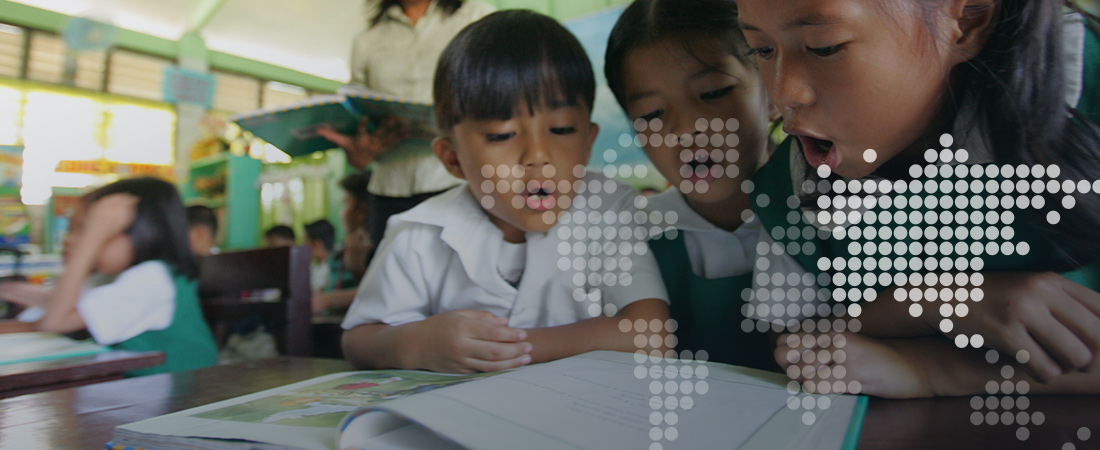
EDC's work to strengthen literacy instruction has improved outcomes for millions of students in the Philippines.
With one quarter of the population between the ages of 10 and 24, the demand in Southeast Asia for education and economic opportunity is greater than ever. EDC’s efforts in Indonesia, the Philippines, and the Lower Mekong to create meaningful opportunities for youth by aligning public, private, education, and industry partners have been successful, reaching hundreds of thousands of young people.
EDC is also improving elementary and basic education for younger children though high-quality literacy programs, teacher professional development, and policy implementation. And we are fighting drug abuse and HIV/AIDS through programs that help people develop the knowledge and behaviors they need to chart a long, healthy future.
Projects
Resources
This guide provides an overview of IRI as a methodology, and discusses its feasibility and applicability in a range of contexts.
This report builds on the DeliverEd research in Ghana, Pakistan, Jordan, Sierra Leone, and Tanzania that sheds light on the effectiveness of delivery approaches for improving policy implementation. It proposes a framework for policymakers to consider when determining whether and how to launch, learn from, and scale and sustain delivery approaches.
Over twelve months in 2018-2019, the Accelerating Work Achievement and Readiness for Employment 2 (AWARE 2) project, funded by J.P.
Save Our Future, a global coalition, rallied diverse voices amid the COVID-19 pandemic, emphasizing the vital link between education and the United Nations (UN) Sustainable Development Goals.
As part of EDC’s Work Ready Now (WRN) program, WRN Biz builds youths’ core skills in business planning, business start-up, and ongoing business management.
This paper presents a forward-looking projection of school participation profiles for school feeding programs up to the year 2030.
A participatory research with youth and communities in Southern Philippines
This paper explores the potential of interactive audio instruction (IAI) as a cost-effective strategy for improving the resiliency of education systems.
This study reviews student assessment data collected from 15 EDC projects to determine the impact of interactive radio instruction (IRI) on student achievement in hard-to-reach areas.
Future Proof Skills is a comprehensive work-readiness and skills-development program designed for higher education students and graduates and will enable them to not only join the workforce, but to also thrive in any type of work environment.